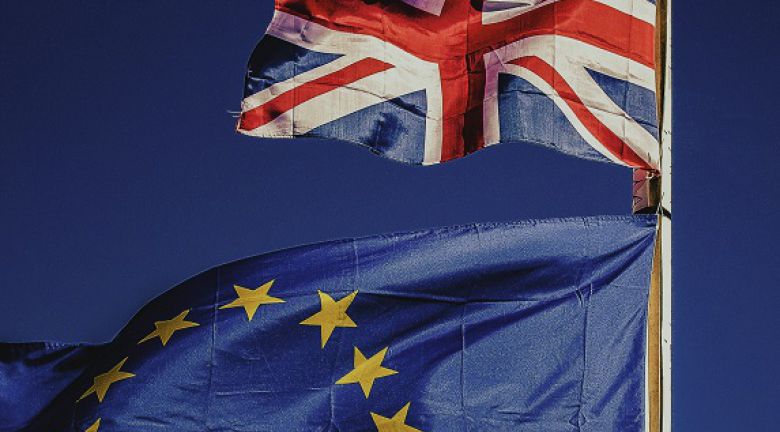
This will be a very steep learning curve for many businesses no matter how well prepared they happen to be. I am sure the new systems will be second nature after a few months, however, getting to this point will be challenging and not without its stumbles.
To quote TB or Brendan Behan, whichever you favour…“Every cripple has his own way of walking”
In other words, we will find many paths and many more solutions to the issues we face, but ultimately, we will overcome these. Some suggest specialist “businesses” might smuggle, though their expertise may very well already be in place for this!
On a more serious note for businesses, please ensure your VAT number is EORI registered, this can be completed on Revenue’s online Service ROS. Failure to enable this number may result in your goods being held by customs
Just a few quick points on importing and exporting:
Importing
From 1 January 2021, Irish businesses that currently buy goods from the UK will be met with additional tariffs and admin work to ensure their compliant import. EU customs rules will apply to all goods which are brought into the EU from the United Kingdom; familiarise yourself with those that apply to those products that you import. You may need to arrange your own customs clearance agent, or for smaller items, the transport company will be able to handle this at an additional fee.
If you buy goods for resale, which UK authorities have issued marketing authorisations, approvals or certifications, next year these will not be sufficient when placing products for sale in EU.
Act in good time to transfer certificates and authorisations from any UK-based body or authority to one based in the EU, or to seek new ones within the EU. Markings or labelling of goods referring to statutory bodies or persons in the United Kingdom will not comply with EU labelling requirements after Brexit. Make sure the goods you import from the UK can be distributed the way that you intend.
Exporting
As of 1 January 2021, if you export goods to the United Kingdom, you will become an exporter of goods, subject to the UK laws applicable to importers of those products. Even if a deal can be reached on tariffs and quotas on products traded between the EU and the United Kingdom, goods will be subject to any applicable UK regulatory and compliance requirements for goods sold in the UK. In certain key areas the UK has already indicated an intention to adopt a different approach to the EU on checks, controls and requirements on imports, including for safety, health and other regulatory or public policy purposes. Make sure you keep track on how new UK laws impact on your exports to the UK and how they differ from your EU sales.
Free movement of goods and road transport operators across UK borders with the EU will become more complicated. From the beginning of 2021 UK road transport operators will no longer have automatic access rights to the EU and will need to comply with formalities when crossing the UK-EU border. Consider longer delivery times and factor in any additional formalities to be completed when updating your supply chain and logistics commitments to take account of Brexit.
Got a Question?
Let us help
-
Icon Accounting, Columba House, Airside,
Swords, Co. Dublin, Ireland, K67 R2Y9